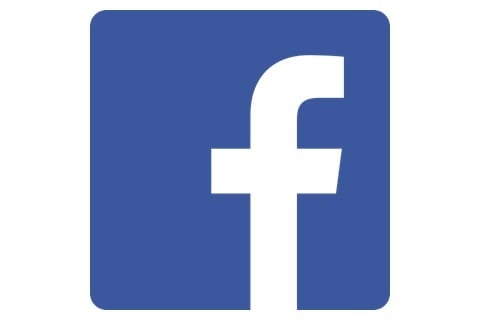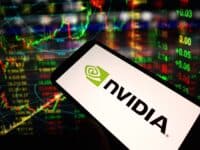
Source: courtesy of Facebook Inc.
On the basis of that market cap, Facebook is now larger than Dow Jones Industrial Average components Verizon Communications Inc. (NYSE: VZ), with a market cap of $205.9 billion, and Coca-Cola Co. (NYSE: KO), with a market cap of $177.5 billion.
Verizon’s balance sheet is also substantially different from Facebook’s, with $110.5 billion in long-term debt. The communications giant has a virtually identical amount of cash and short-term investments. The big difference is in revenues and gross profits: Verizon posted 2014 revenues of $127.1 billion and gross profits of $77.1 billion, for a margin of about 61%. Operating margin came in at 15.4%, compared with about 40% at Facebook.
ALSO READ: Google Tops Exxon Mobil in Market Value
Coke’s situation is similar. The soft-drink maker sports cash and short-term investments of about $22 billion and long-term debt of about $19 billion. Revenues in 2014 totaled nearly $46 billion and gross profit totaled $28.1 billion, for a margin of 61%. Operating margin came in at 21%.
All of Coke’s operating expenses — $18.4 billion — went to selling, general and administrative expenses (SG&A) last year. Facebook spent about $2.7 billion on SG&A and an equal amount on research and development (R&D). Verizon spent $41 billion on operating expenses in 2014, all in SG&A.
The big difference between Facebook and the two older companies, of course, is due mainly to the difference between the costs related to acquiring, distributing and maintaining physical assets and the cost of acquiring, distributing and maintaining a product that only has to be created once and then distributed to millions (maybe billions) of users at virtually no additional cost.
While Facebook may have competitors, it does not have to spend a hefty portion of its revenues on attracting new users. The network effects of social media are essentially free, unlike the real-world constraints of wires and bottling plants. Just because your friends drink Coke doesn’t mean you can’t drink Dr Pepper; but if all your friends use Facebook, it is virtually guaranteed that you will too.
Those network effects translate into profits, growth and shareholder value. Since late July of 2013, Facebook’s stock price has increased more than 200%, while both Verizon and Coke are down about 0.5%, not even within sight of the S&P 500’s gain of around 25%.
Opportunities for growth are still abundant for Facebook, while Verizon and Coke would very likely have to enter entirely new businesses at substantial cost in order to post Facebook-like growth numbers. What are the chances of that?
ALSO READ: 6 Big Dividend Hikes Expected Very Soon
Take This Retirement Quiz To Get Matched With A Financial Advisor (Sponsored)
Take the quiz below to get matched with a financial advisor today.
Each advisor has been vetted by SmartAsset and is held to a fiduciary standard to act in your best interests.
Here’s how it works:
1. Answer SmartAsset advisor match quiz
2. Review your pre-screened matches at your leisure. Check out the
advisors’ profiles.
3. Speak with advisors at no cost to you. Have an introductory call on the phone or introduction in person and choose whom to work with in the future
Take the retirement quiz right here.
Thank you for reading! Have some feedback for us?
Contact the 24/7 Wall St. editorial team.



